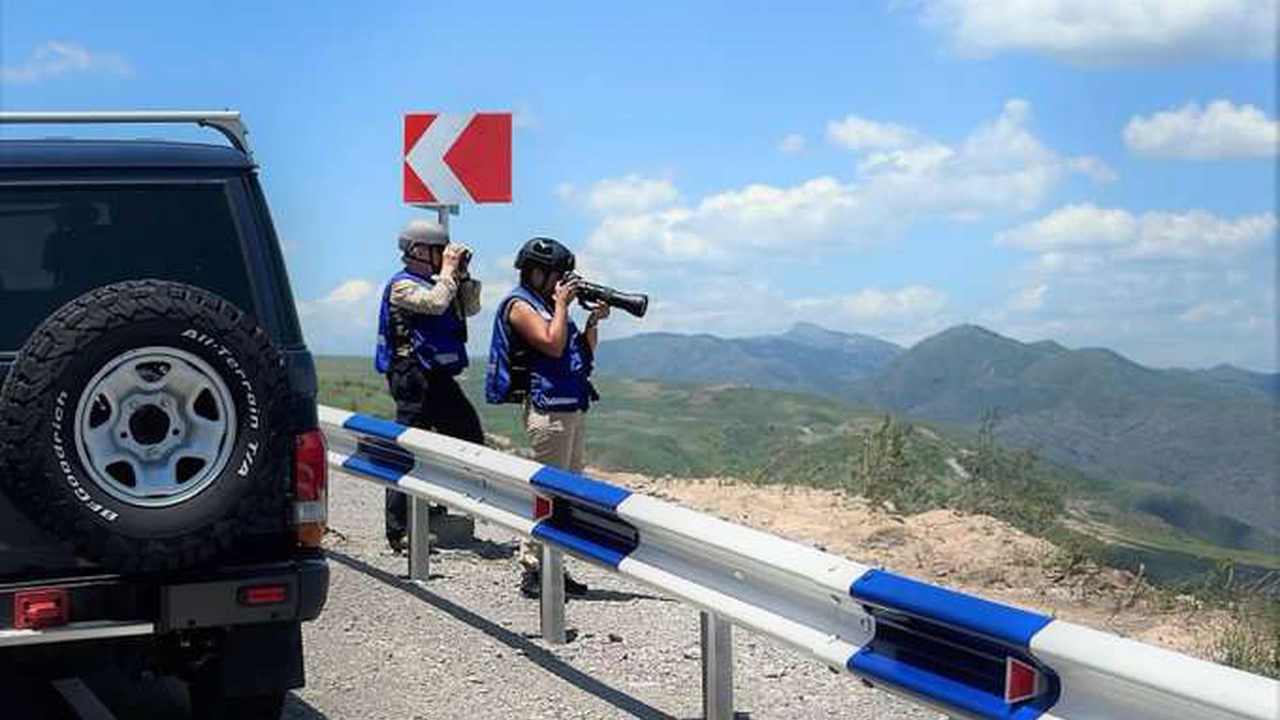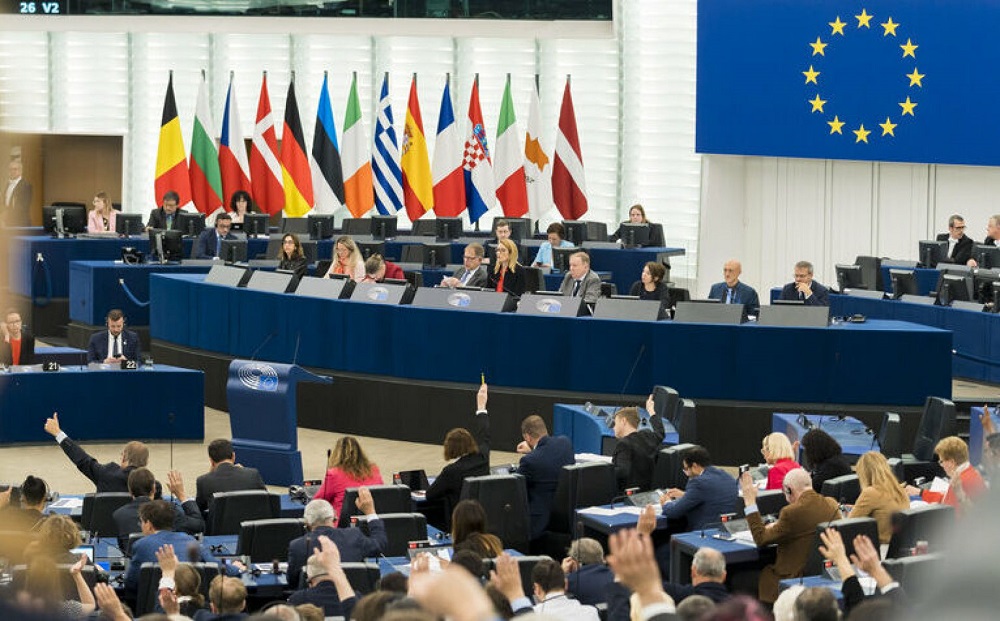"Old or new agenda?" What the EU delegation in Yerevan is discussing
EU delegation in Yerevean
A delegation of representatives of the European External Action Service and the European Commission discussed in Armenia “a wide range of issues on the agenda of Armenia’s partnership with the EU, including the prospects of cooperation in the security sphere”, according to official sources.
Armenian analysts believe that the purpose of the visit was to clarify the “status” of relations, and the agenda of the issues discussed “focused on security issues”.
The main topic of discussions for Armenia is security cooperation
A joint delegation of the European External Action Service and the European Commission was in Yerevan on November 27-29. Members of the EU delegation met with Deputy Foreign Minister Paruyr Hovhannisian and Security Council Secretary Armen Grigoryan.
The Foreign Ministry says that the following were discussed:
- implementation of the Armenia-EU Comprehensive and Enhanced Partnership Agreement,
- perspectives of expansion of cooperation in the spheres of mutual interest,
- possibilities of realization of existing potential.
The Staff of the Security Council said that “the sides discussed the prospects and ways of bilateral cooperation in the sphere of security”.
According to official information, the Armenian side emphasized the role of the EU civilian observation mission to ensure security on Armenia’s border with Azerbaijan.
Cooperation with the EU within the framework of the European Peace Foundation was discussed as a promising direction.
The European Peace Facility is a mechanism through which Brussels provides funds to non-EU countries to improve their defense capabilities, prevent conflict and promote peace. Through this mechanism, the EU has supported Ukraine, Georgia and Moldova.
Comment
Political analyst Boris Navasardyan believes that the process of clarifying the status of Armenia’s relations with the European Union is underway, and there are three main possibilities:
- Partnership,
- European integration,
- EU membership.
“Partnership is something that has been in place since 1999. Cooperation deepened in 2017 when the parties signed the Comprehensive and Enhanced Partnership Agreement. Now are we going to stay at this level or do we want to move forward? The EU wants to have a clearer idea of where our relationship is, how much it can deepen,” he says.
According to the analyst, the cooperation with the EU within the framework of the Eastern Partnership contains elements of European integration. However, in his opinion, Armenia could have reached that level as early as 2013 by signing an association agreement with the EU.
Navasardyan says there was a misperception of the association with the EU in Armenia. Some politicians believed that this was the path to membership in the European Union. Others were sure that “in case of association, we can never qualify for membership.”
“That’s not really what the association relationship is about. You are offered a certain program of development and reforms. And after its implementation, you can think about whether to continue deepening relations with the EU or not,” he explains.
According to the analyst’s assessment, the uncertainty that exists today in relations with the EU is unproductive.
“The Association is off the agenda. It does not exist and will not exist as long as Armenia is a member of the EAEU [an economic union led by Russia]. If we aim to reach the level of European integration, we must have a clear plan when and what we will do with the EAEU. In this case, the prospect for the third level, i.e. EU membership, will also open up.”
But first it is necessary to settle the issue of ties with the EAEU. And, as the analyst believes, the moment is approaching when this issue “will become a priority.”
“Armenia should have a very clear action plan so that we don’t have to change relations with other partners and other countries in conditions of agitation and time pressure.”
Political scientist Richard Kirakosian believes that Yerevan is now of greater strategic importance to Brussels than ever before. It is now considered a “more important partner.”
“The European Union wants to accelerate the pace of development of relations with Yerevan. Not only by sending observers, but also by developing security relations unprecedented for Armenia. Brussels is also very angry and disappointed with Baku.”
The political analyst stressed that although Armenia has not changed the vector of its foreign policy, the EU has started to perceive Armenia better, especially in comparison with its neighbors. In addition, he said, Western partners consider Armenia’s successes on the road to democratization as an achievement.
Follow us – Twitter | Facebook | Instagram
Armenia-EU





















